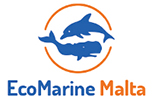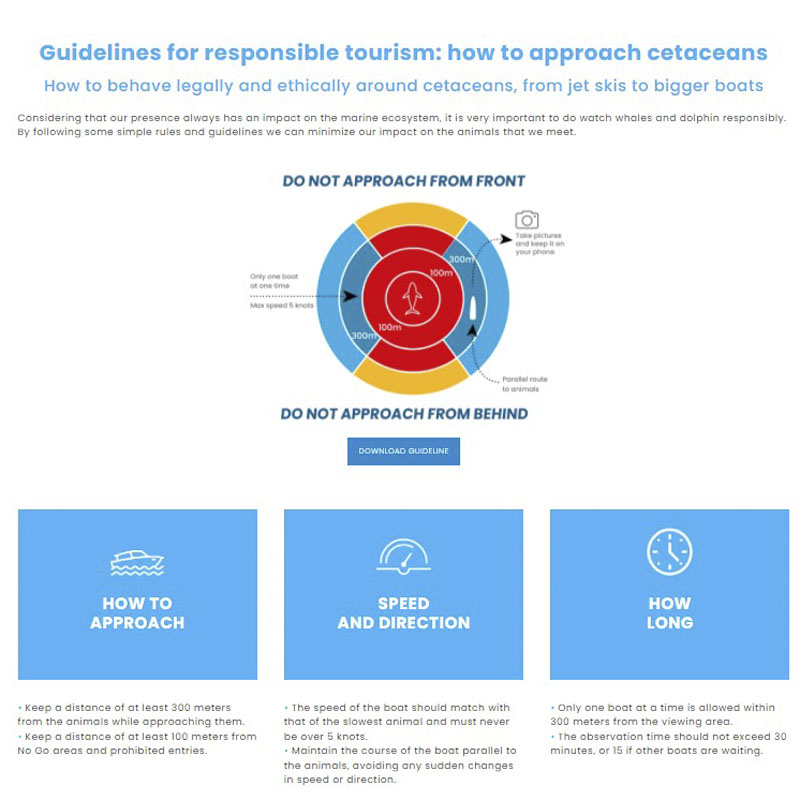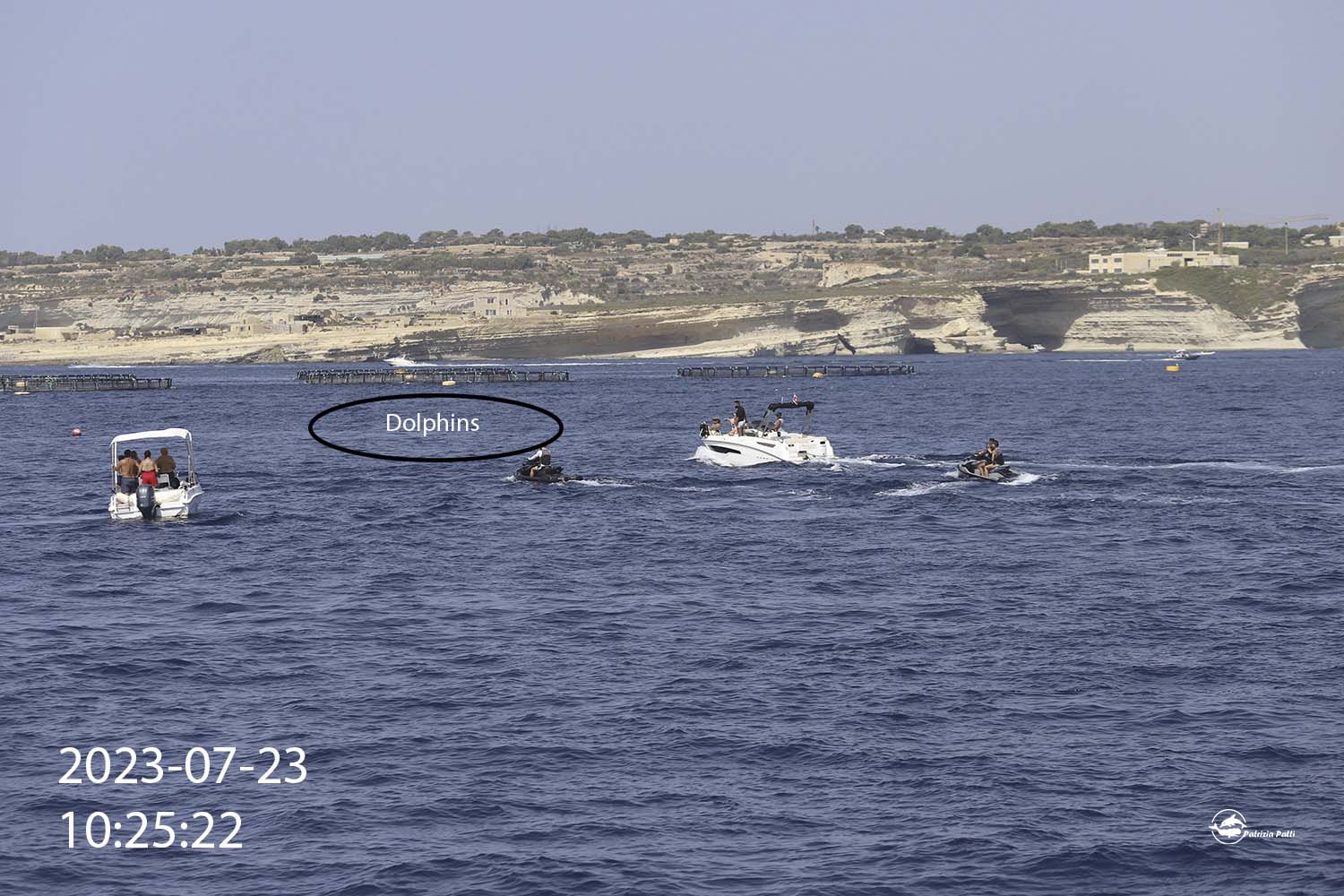
Boats’ harassment towards dolphins
Did you know that dolphins spend less time foraging for food and socialising in the presence of disruptive tour boats?
According to a research paper written by Ayshah Kassamali-Fox, Fredrik Christiansen, Laura J. May-Collado, Eric A. Ramos and Beth A. Kaplin, dolphins forage and socialise less and travel more when tour boats were present.
What does this mean for wild dolphins?
It is thought that the dolphins travel more to avoid tour boats, at the expense of foraging. More time spent travelling and less time spent foraging costs the dolphin a lot of energy. Over time, less feeding events will mean that the dolphins have less energy, lowering their chances of survival and successful reproduction. (Christiansen, Rasmussen & Lusseau, 2013; Christiansen & Lusseau, 2015; New et al., 2015).
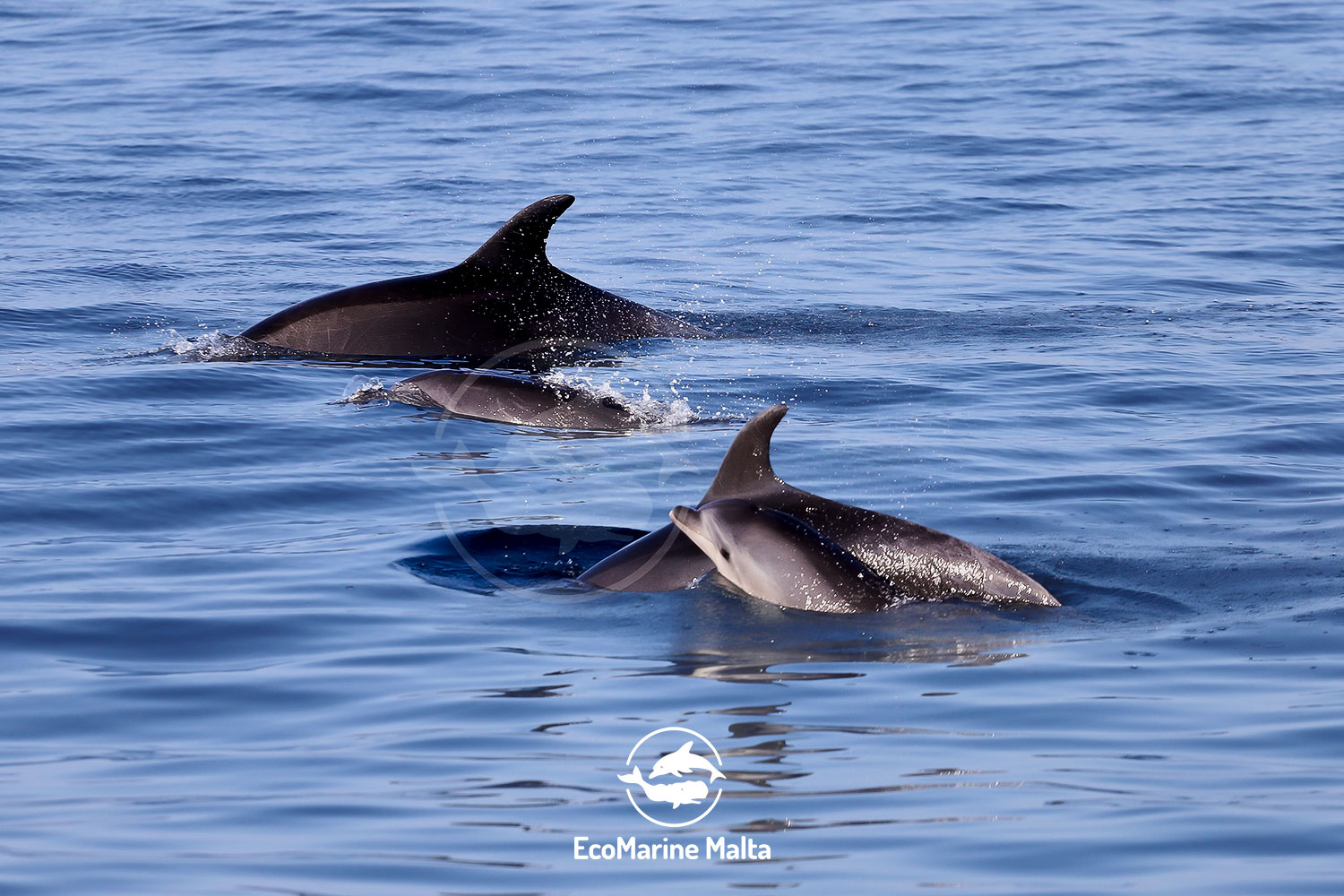
This large energy cost is especially troubling for mother-calf pairs, since according to Potomac Conservancy, the mother needs to eat about 50% more than normal to produce milk for her calf. The decrease in socialising is also worrying as socialisation plays a significant role in reproductive success. (Lusseau, Slooten & Currey, 2006).
Feeding of wild dolphins by humans worsens the impact of tour boat harassment. When dolphins receive fish handouts, they lose foraging instincts, suffer health problems due to old or spoiled food, become more aggressive towards humans, and have a higher risk of boat-related injury or intentional harm by people frustrated with their altered behaviours.
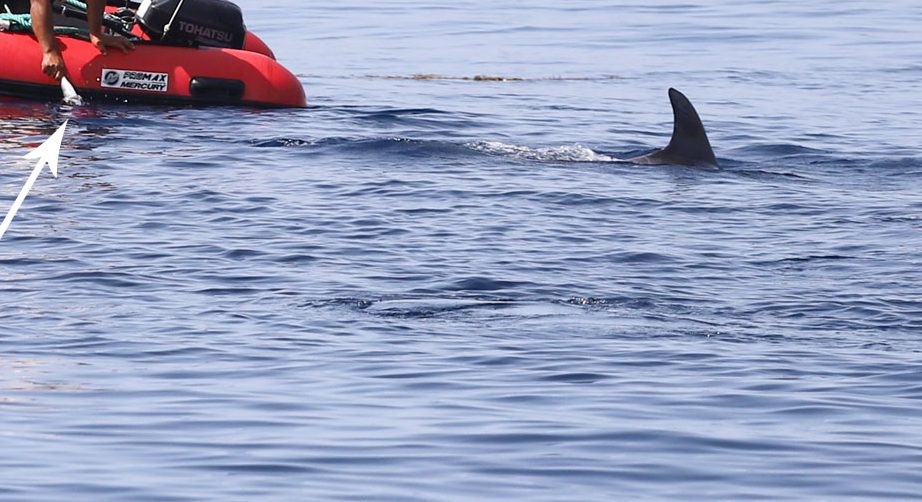
Feeding also decreases the quality of the maternal care that calves need to survive, with the mother spending more time waiting for food instead of taking care of her calf. This hinders the calf’s behavioural development and causes the calf to spend more time foraging. The problematic changes in feeding behaviour from natural foraging to waiting for handouts are passed on from mother to calf. Consequently, this puts the calf’s health at risk due to the possibility of old or spoiled food along with low chances of survival since its mother did not teach it essential hunting and foraging.
These two factors combined threaten the survival of dolphin populations, especially in areas with heavy boat traffic and tourism development like the Maltese Islands. Marine life watching tours have been rising in popularity as they are “sustainable” options for tourists that are looking to be eco-friendly. However, they are only “sustainable” if the Code of Conduct is observed during tours, otherwise they are contributing to the harassment of dolphins which reduces their chance of survival.
If the number of dolphins decreased, their prey would increase since there are less dolphins preying on them, whilst their predators would decrease since there are less dolphins to eat. As a result, the natural balance of the marine ecosystem is disturbed. If not regulated these tours have the potential to put a heavy strain on dolphins and in turn the marine ecosystem which we depend on for food, income, protection from coastal erosion and flooding to name a few.
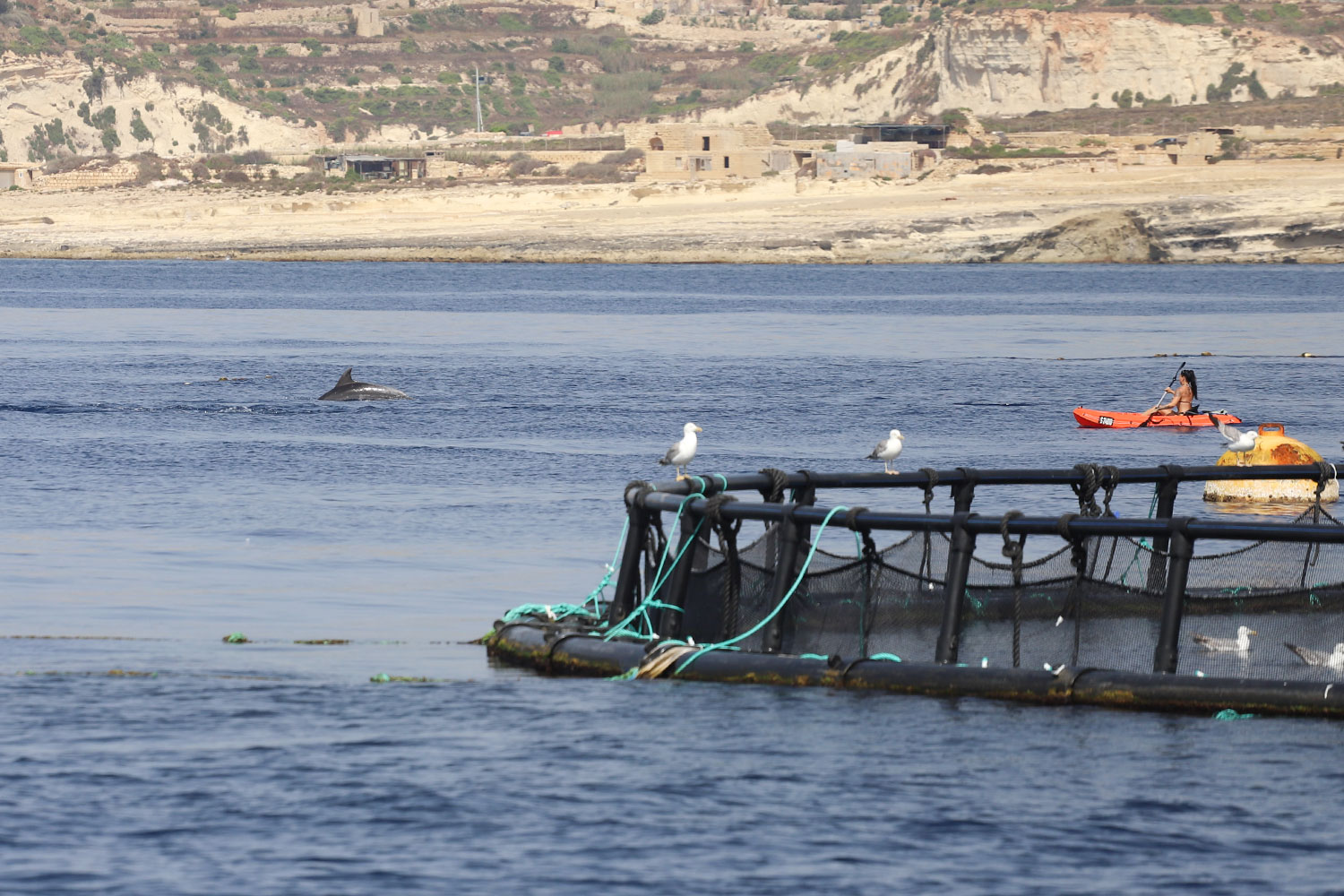
Furthermore, it is not just tour boats who should be mindful of the way they approach dolphins, but all the people who come into contact with the sea such as jet skiers, private boat owners and kayakers. It is our duty to enjoy dolphin sightings in a responsible way that does not harm the animals.
